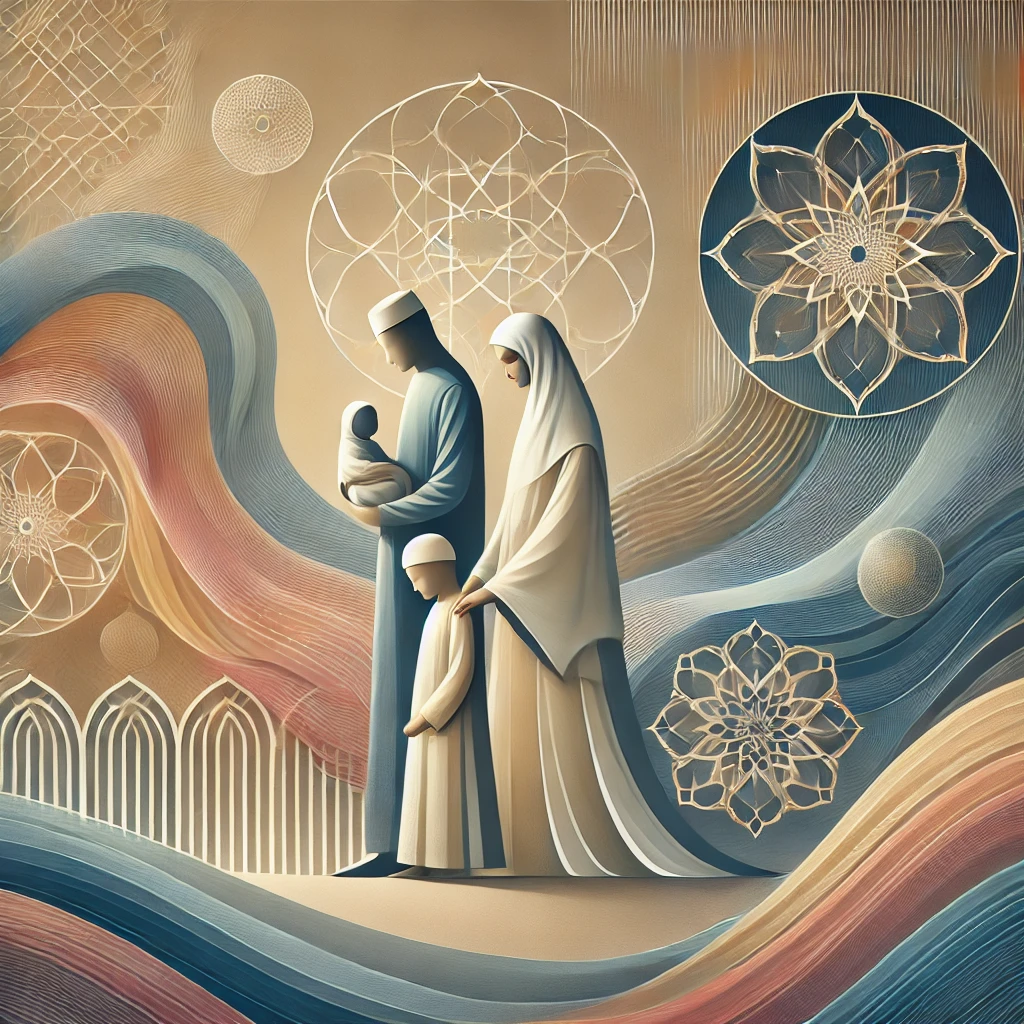Patience (Sabr) and gratitude (Shukr) are two fundamental values in Islamic ethics, working hand in hand to shape a Muslim’s relationship with Allah and the world. Patience refers to the ability to endure hardships with resilience and perseverance, while gratitude is the act of showing appreciation for the blessings bestowed by Allah. Together, these virtues form the foundation of a believer’s faith and submission to Allah.
The Quran emphasizes the importance of patience in many verses. In Surah Al-Baqarah, Allah says: “Give glad tidings to the patient, who, when disaster strikes them, say, ‘Indeed we belong to Allah, and indeed to Him we will return.’” (Surah Al-Baqarah, 2:155-156). This verse highlights that patience is not only required during times of ease but is especially crucial in moments of hardship. Patience reflects a Muslim’s trust in Allah’s plan and their ability to endure life’s trials with grace.
The Prophet Muhammad (PBUH) described patience as one of the highest virtues, stating: “Patience is half of faith.” This Hadith underscores the central role of patience in a Muslim’s life. Patience is not only about enduring difficulties but also about maintaining perseverance in worship, self-control in daily interactions, and restraint in moments of anger or temptation.
Gratitude, on the other hand, is the act of recognizing and appreciating Allah’s blessings. Islam encourages believers to be grateful not only for the significant blessings but also for the small ones. In Surah Ibrahim, Allah says: “If you are grateful, I will surely increase you [in favor]; but if you deny, indeed, My punishment is severe.” (Surah Ibrahim, 14:7). This verse teaches that showing gratitude not only brings Allah’s pleasure but also increases the blessings one receives.
Patience and gratitude complement one another in the Islamic worldview. Patience helps Muslims accept life’s challenges as tests from Allah, while gratitude allows them to recognize that all blessings, both large and small, come from Allah. The Prophet Muhammad (PBUH) said: “The affair of the believer is amazing. If something good happens to him, he is grateful and that is good for him. If something bad happens to him, he is patient and that is also good for him.” This Hadith illustrates the balance between patience and gratitude in a believer’s life.
Islam teaches that in all circumstances, Muslims should turn to Allah and trust in His wisdom. Whether facing difficulties or enjoying blessings, both patience and gratitude are essential in demonstrating one’s deep faith in and reliance on Allah. These values are not only individual virtues but also contribute to social harmony and justice. A patient and grateful person brings peace to their community and earns a high rank with Allah.
In conclusion, patience and gratitude are two complementary values in Islamic ethics that guide a Muslim’s approach to life’s challenges and blessings. Patience teaches resilience and trust in Allah’s plan, while gratitude reminds believers to always acknowledge Allah’s generosity. Together, these virtues help Muslims achieve success in both this life and the hereafter.










